Utility transparency bill dies before hearing
INDIANAPOLIS – According to news reports, legislation concerning public utility transparency has died before a hearing. Senate Bill 548 was authored by James W. Merritt Jr. (R-13) and co-authored by Michael Crider (R-28) in response to claims by Mooresville Town water provider Indianapolis American Water Company that town council members did not follow the rules in their process to purchase the utility.
Merritt said this week that Senator David Long (R-16) put the bill in Rules, but it didn’t get a hearing and just died.
“David and I chatted about the increases public utilities (municipality-owned) could ask for every three months. But we’ve dealt with DSICs (distribution system improvement charges) before,” Merritt said. “The major issue for me was creating a framework for transparency on utility issues. The water situation in Indiana is getting dicey, with major improvements needed to infrastructure and reservoirs around the state. Among all the problems we face in the future, water will dominate.”
Merritt said he would try again to come up with a bill addressing utility ownership.
There were several components to SB 548, which was supported by the IAWC and questioned by Mooresville Town Council member Virginia Perry.
The bill would have required a municipality to prove that the private company has severe and unremedied deficiencies in water or sewer service or continued violations. The Indiana Utility Regulatory Commission must confirm this. A city or town can also provide a public forum such as a referendum to get input about purchasing the private utility. The bill also stated that a private utility could have a court stay proceedings of a public (owned by a municipality) acquisition effort.
The public utility could establish a utility system improvement charge every three months. The current legislation provides for a distribution system improvement charge not more than once a year.
SB 548 stated that USIC revenues may total up to 10 percent of a public utility’s base revenue level. Currently, the law allows USIC revenues of only 5 percent of its base revenue level.
Merritt told Perry that the three months part of the bill would likely be taken out if it was to survive.
That is part of what Perry addressed in her letter to Merritt. Perry said the increase in percentage of revenues produced would only increase costs for taxpayers.
“The bill disadvantages the taxpayers to have their water utility provided by a nonprofit entity rather than a for-profit private company. The bill allows for a change in the USIC every three months. There is no question that this would raise water rates,” Perry said.
She added in her letter that the bill would block any attempt by a municipality to take over its water system — unless it can prove and the IURC confirms major violations and service problems that have not been remedied.
“It is taking away the ability for a public entity to purchase a private utility and seems to be biased against the consumer,” Perry said. “I wonder why you would favor a bill that has the appearance of being a private utility backed against taxpayers. It seems that a nonprofit public utility would better benefit the taxpayer than a private for-profit company.”
Perry said the council had followed the rules in its public hearing on Aug. 7 and that the IAWC did respond at the meeting to a presentation supporting the reasons for the town’s purchase intentions.
Although it has not been a service issue with ratepayers, the council fears from previous testimony that IAWC plans to join Mooresville, which is in a small rate group now, to a larger Tier 2 rate bracket. In the summer of 2012, rates were increased an average of 17 percent for residents and more than 40 percent for large industrial water users. They fear it would keep industries and corporations from coming to Mooresville and that the rates would be unfair to private customers.
Residents were allowed to speak at the public hearing on Aug. 7. But only two people did so, and a resident who wanted to comment after the town’s presentation was informed that she could not. She was told she could ask questions after the meeting.
IAWC has claimed that it did not have enough information about the town’s intentions or its ordinance to respond appropriately. Perry said they did concede, according to later communication with town officials, that their testimony was heard at the public hearing. IAWC has held two public meetings outside of council sessions where residents and ratepayers could ask questions. The town provided an email and a phone number for residents to contact council members with their questions. They can still get information at http://mail.mooresville.in.gov/weblink8/Search.aspx.
By Amy Hillenburg | Reporter | Published February, 27th 2013 in The Reporter Times


Comments
No Comments